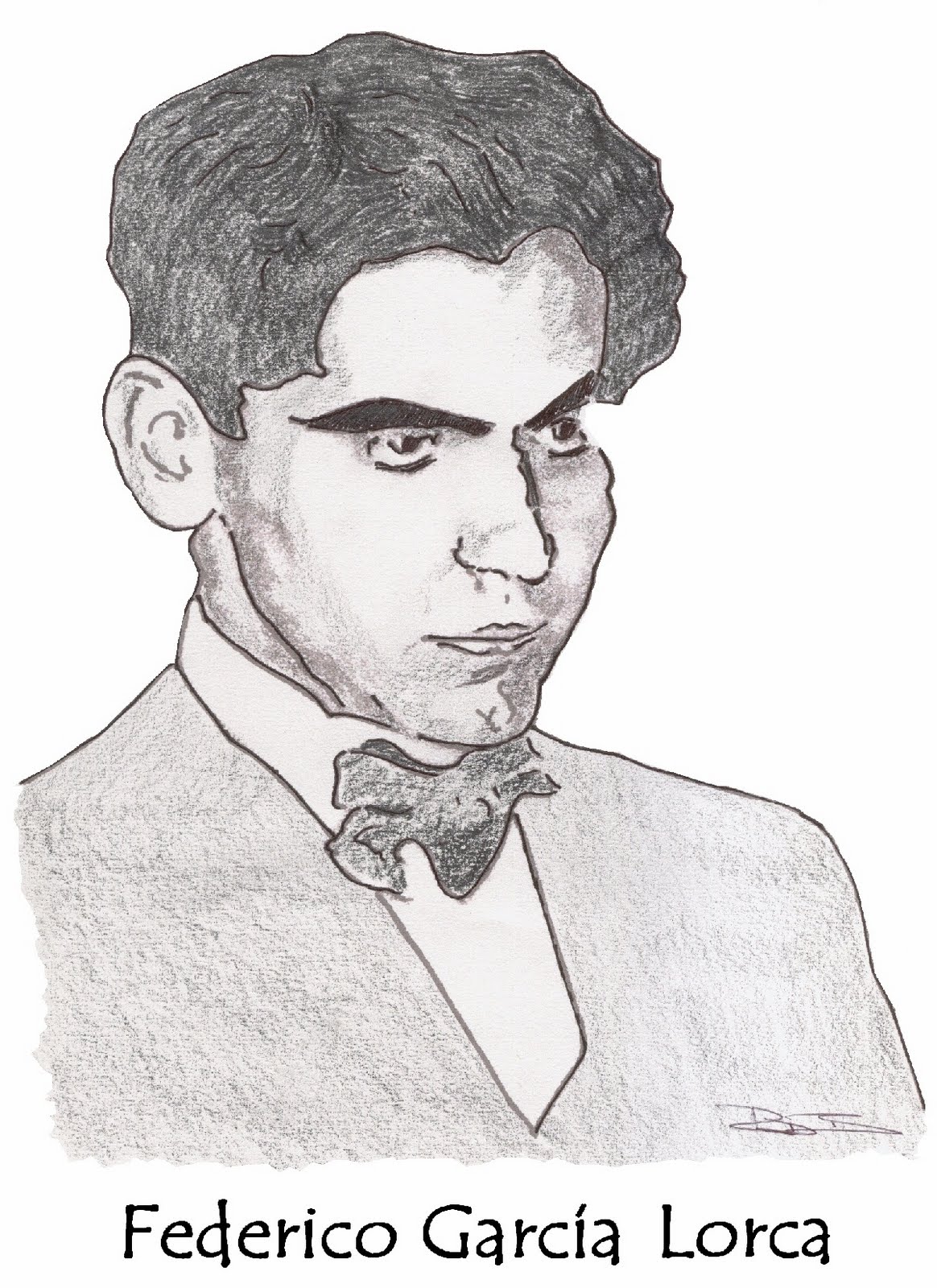"A poet never gets shot" - Federico García Lorca
Federico García Lorca was born in the village of Fuente Vaqueros, Granada in 1898. He is considered by many people to be the greatest Spanish poet and playwright of the 20th century - well, in Spain and particularly Andalucía he is highly regarded anyway!
 |
| Cortijo del Fraile |
I personally was not aware of the poet and his works until I accompanied a Spanish friend on a visit to the Natural Park of the Cabo de Gata in the province of Almería. Not far from the village of Rodaquilar, there is an old farm building called "Cortijo del Fraile". It was here that a chilling real life murder took place - an event on which Lorca based his play 'Blood Wedding'.
This is one of his best-known works along with 'Gypsy Songs', 'Poet in New York', 'Yerma' and 'The House of Bernarda Alba'.

In nearby Granada, Lorca is revered. This was not always the case - or at least not openly because his books were prohibited and mention of his name forbidden during the Franco years. He had antagonised the Catholic Church, the Monarchy, the Military and landowners with his writings where he had focussed on social injustice and human suffering. He had particularly condemned the Catholic Reconquest of Arab Granada. In his view a great civilisation was lost and poetry, architecture, astronomy and delicacy replaced by the poor, narrow-mindedness of the new city inhabitants. In some ways I have to agree. Whenever I gaze upon the sheer splendour of places like the Alhambra in Granada, the Mezquita in Córdoba or even the irrigation systems in the Alpujarras, I wonder what has gone wrong with the Muslim people. Nowadays, they only seem fit for running corner shops or planting bombs!
Anyway, because of his views, Lorca was a prime target for the Franco death squads. The fact that he was also a homosexual probably didn't help either! So he was killed. In 1936, during the Spanish Civil War, Fascist soldiers shot him!
Over seventy years later, his home city of Granada has started to honour him. Granada's airport is called 'Aeropuerto Federico García Lorca'; postcards of the poet and his drawings are displayed alongside those of the Alhambra in the city's shops and kiosks and the tourist industry has jumped on the bandwagon by offering 'Lorca route' itineraries. Visits can be made to a number of sites in the area related to Lorca's life including Víznar near Granada, the site of his murder.
It was a short life but a fruitful one. His works are a testimony to his literary prowess even if his gravestone isn't - he was buried in an unmarked grave!






